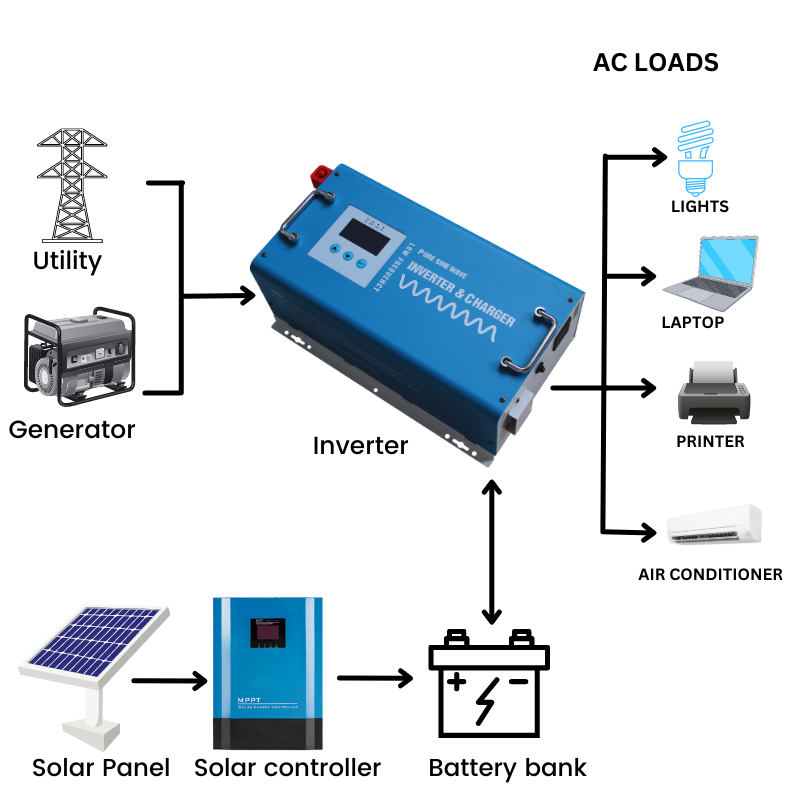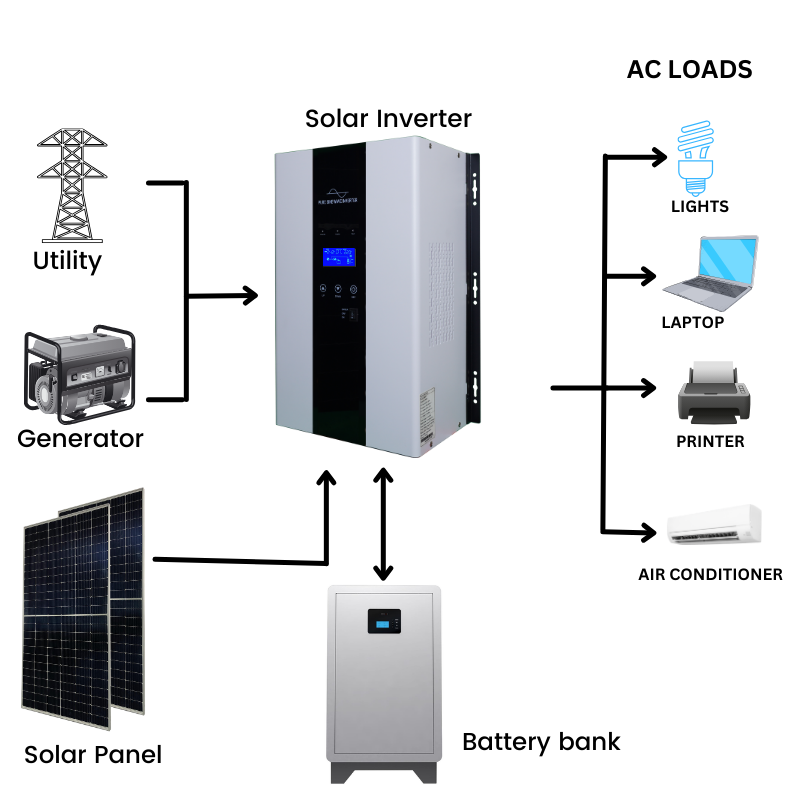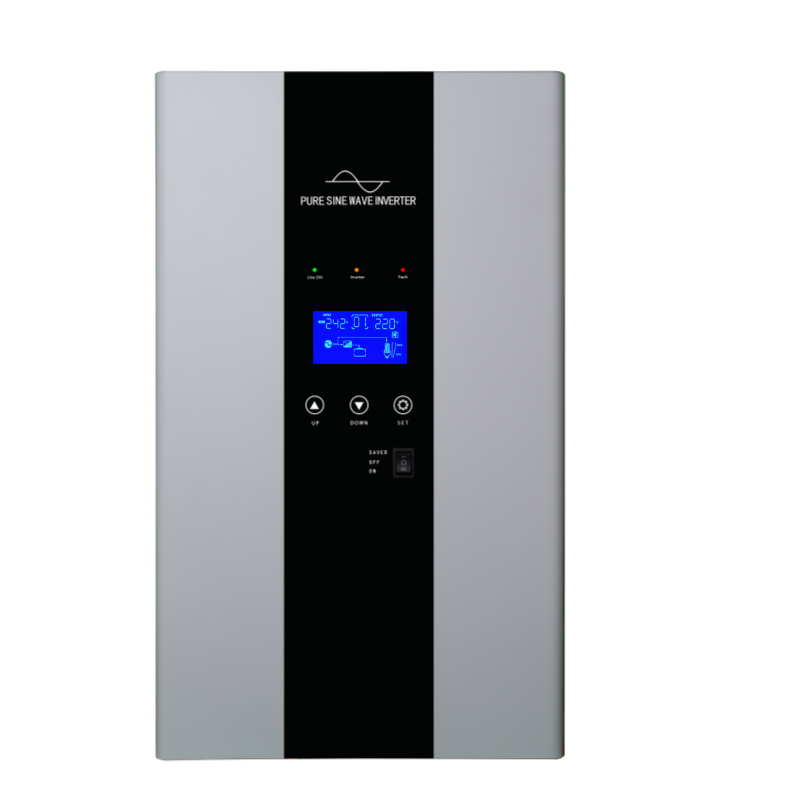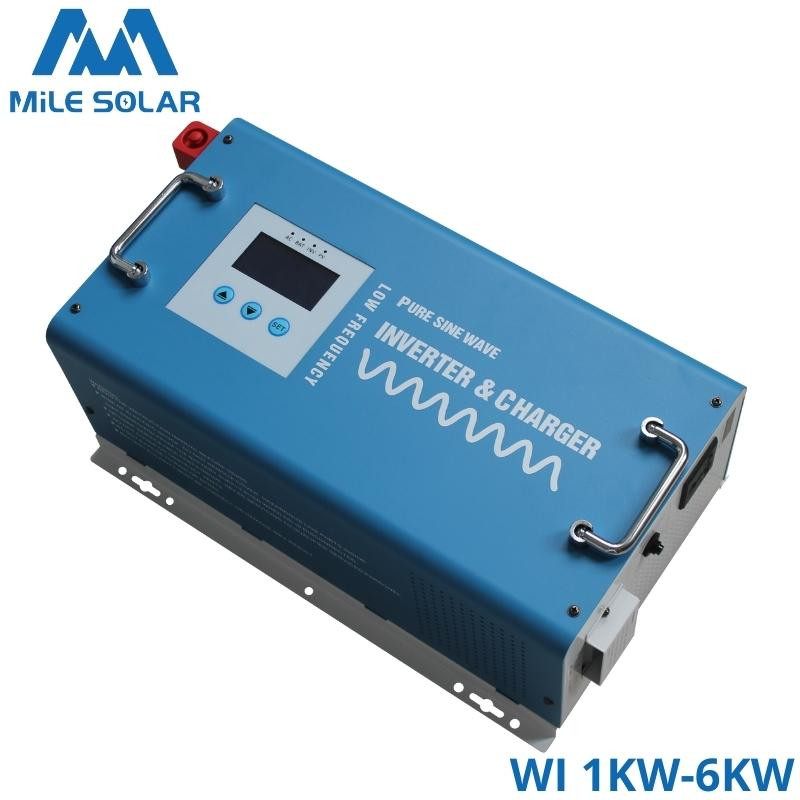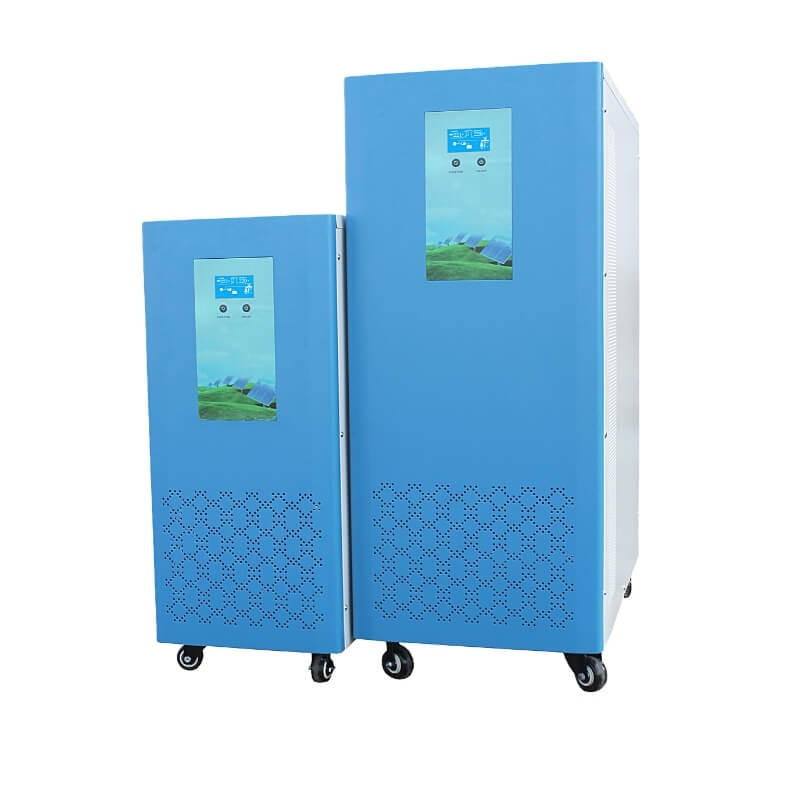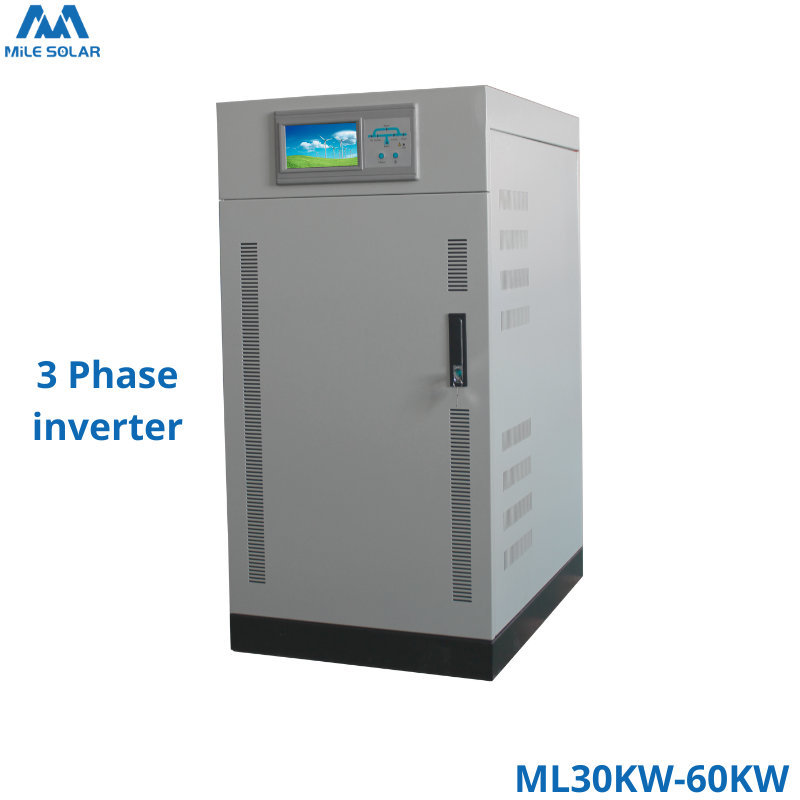How to choose a reliable inverter for your off-grid solar system?
As we know, the off-grid Solar power inverter is the key equipment for the whole off-grid solar system to power home appliances by converting DC voltage to AC voltage. It depends on the efficiency and reliability of the whole system.
Choosing the right inverter for your off-grid solar system is crucial to ensure efficient and reliable power generation. Here are the key steps to help you make an informed decision:
Determine Your Power Needs:
Start by calculating your daily energy consumption. Identify the essential appliances and devices you need to power. This will help you estimate the size of the inverter you require.
Select the Inverter Type:
There are two primary types of inverters for off-grid systems: pure sine wave and modified sine wave. Pure sine wave inverters are more efficient and compatible with a wider range of appliances, making them the preferred choice for most off-grid setups.
Sizing the Inverter:
Choose an inverter with a capacity that matches or slightly exceeds your estimated power needs. Keep in mind that inverters are typically rated in watts, so ensure you have enough capacity to handle peak loads.
Consider Surge Capacity:
Appliances like refrigerators and air conditioners can have high startup surges. Select an inverter that can handle these brief spikes in power demand without overloading.
Battery Voltage Compatibility:
Ensure that the inverter's input voltage matches the voltage of your battery bank. Common battery voltages for off-grid systems include 12V, 24V, or 48V.
Efficiency Matters:
Look for an inverter with high efficiency ratings. Efficient inverters convert a higher percentage of available energy from your battery bank into usable AC power, reducing energy waste.
Built-In Charger and Controller:
Some inverters come with built-in battery chargers and solar charge controllers. If you plan to incorporate solar panels into your system, this can simplify installation and save costs.
Safety Features:
Ensure the inverter has safety features like overload protection, short-circuit protection, and temperature control to prevent damage to the unit and your appliances.
Remote Monitoring and Connectivity:
If you want the ability to monitor and control your inverter remotely, look for models with built-in communication options or compatibility with monitoring systems.
Budget Considerations:
While it's essential to invest in a quality inverter, consider your budget. Balance your power needs with your financial constraints to find the best fit.
Professional Consultation:
If you're unsure about your system's requirements, Please don’t hesitate to contact us for valuable insights and recommendations.We Mile solar as a solar energy professional with more than 15 years of experience in off-grid systems.
